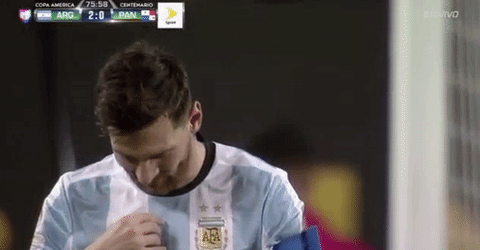The 2024 presidential race will intensify in the coming weeks and months as we enter the primary season. The election season begins in earnest with the Iowa Caucuses on Jan. 15 and the New Hampshire primary eight days later.
The Republican primary field has narrowed in recent months following a string of debates — although most polls show former President Donald Trump with a huge lead.
President Joe Biden, meanwhile, faces some primary challengers, but is expected to be the Democratic Party’s nominee once again.
As always, moral and cultural issues linked to religious faith are playing a major role in the White House campaign. Thus, here is some basic information to ponder about the major candidates.
REPUBLICANS
Donald Trump — Former president of the United States
Age: 77
Religion: Raised mainline Presbyterian, now a nondenominational Christian
Bio: Trump is a real-estate mogul who served as the 45th president of the United States from 2017 to 2021. Despite a myriad of legal issues and the January 6 riots at the U.S. Capitol, Trump remains the GOP’s frontrunner for the nomination.
On religion: “I grew up going to church with my family in New York City. My parents taught me the importance of faith and prayer from a young age. Though I was confirmed at a Presbyterian church as a child, I now consider myself to be a non-denominational Christian.”










